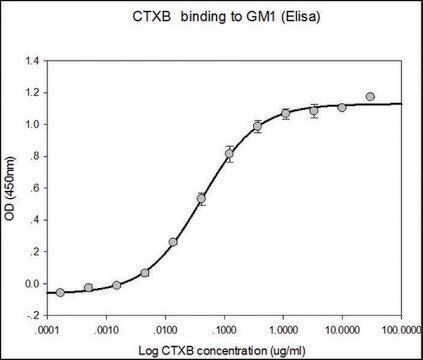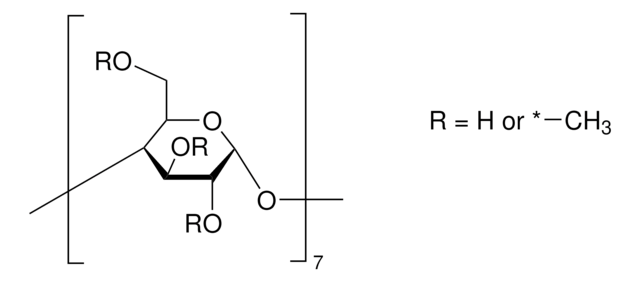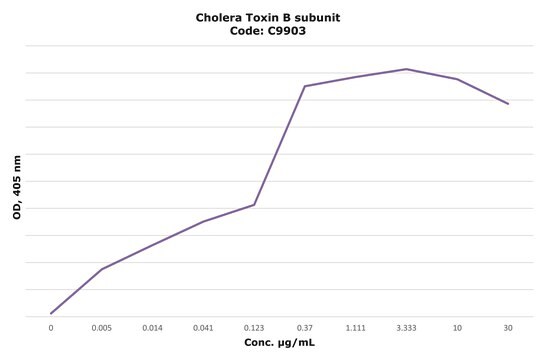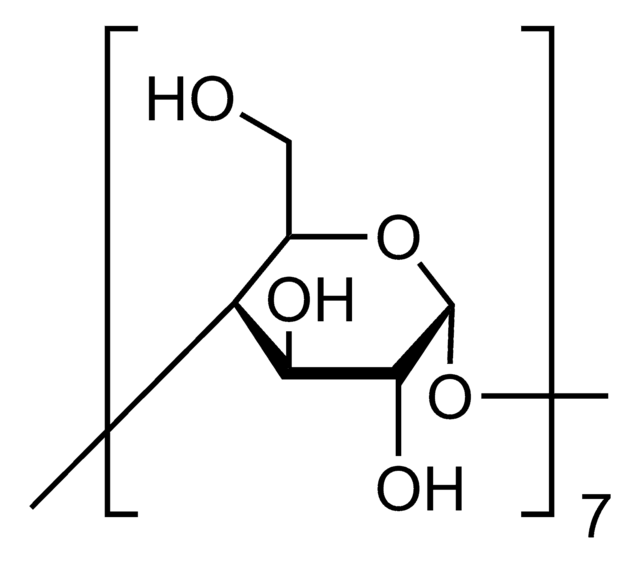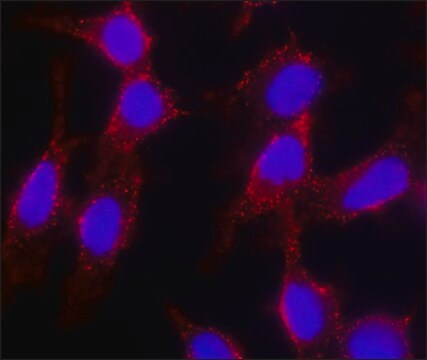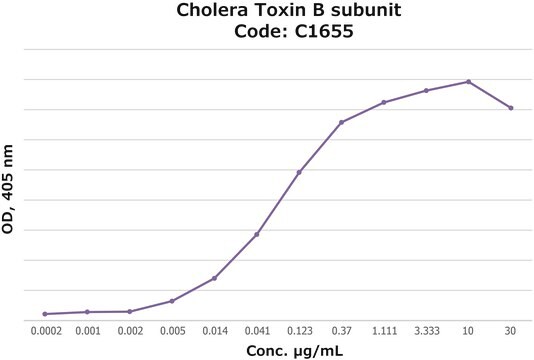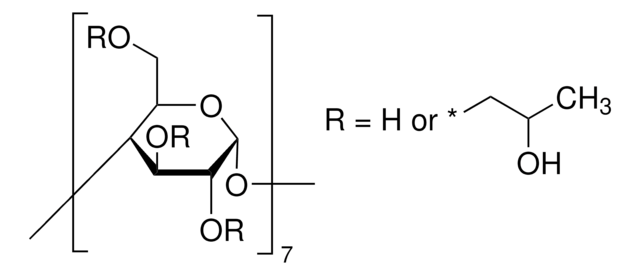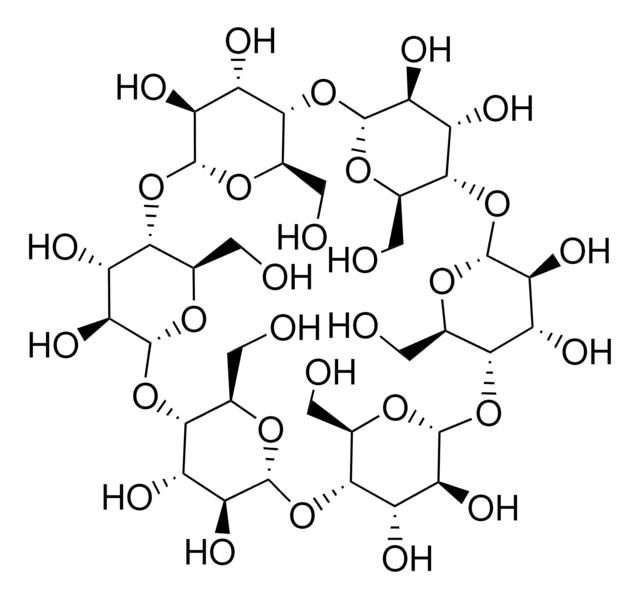C6499
CTB
≥98% (HPLC)
Synonym(s):
CTPB, N-(4-Chloro-3-trifluoromethyl-phenyl)-2-ethoxy-benzamide
About This Item
Recommended Products
Quality Level
Assay
≥98% (HPLC)
form
powder
color
white to off-white
solubility
DMSO: >10 mg/mL
storage temp.
2-8°C
SMILES string
FC(F)(F)c1c(ccc(c1)NC(=O)c2c(cccc2)OCC)Cl
General description
Application
Biochem/physiol Actions
Features and Benefits
Storage Class Code
11 - Combustible Solids
WGK
WGK 2
Choose from one of the most recent versions:
Certificates of Analysis (COA)
Don't see the Right Version?
If you require a particular version, you can look up a specific certificate by the Lot or Batch number.
Already Own This Product?
Find documentation for the products that you have recently purchased in the Document Library.
Articles
Epigenetic modifications are thought to occur through two key interconnected processes—DNA methylation and the covalent modification of histones.
Our team of scientists has experience in all areas of research including Life Science, Material Science, Chemical Synthesis, Chromatography, Analytical and many others.
Contact Technical Service